As the grunge era reached its zenith in the early '90s, dominated by the minor chords and drop-tuned sounds of Seattle’s rock scene, a little-known band from South Carolina was crafting a distinctly different sound. Hootie & the Blowfish, having spent years playing the Southern bar circuit, emerged with a debut album that offered an upbeat alternative to the pervasive gloom of the music mainstream.
"Cracked Rear View" hit the shelves in 1994, quickly becoming an antidote to the grunge domination. With pop-rock tunes imbued with a tinge of Southern flavor, the album’s catchy hooks and heartfelt lyrics captured the hearts of millions. Tracks like “Hold My Hand” and “Let Her Cry” not only soared to the top of the charts but also addressed deeper themes of companionship, loss, and resilience.
Despite initial challenges—including a modest advance from Atlantic Records and no budget for music videos—Hootie & the Blowfish achieved a level of success that few could have predicted. The album sold over twenty million copies, yet with massive success came significant backlash. This episode explores the criticism directed at the band, questioning whether the disdain was justified or merely the result of their mainstream appeal and unconventional rise.
We reflect on the band's journey and the divisive reactions they inspired. Was the backlash fair, or were these competent musicians unjustly maligned? "Cracked Rear View" remains a testament to the unpredictable tides of music history.
Special Thanks: A heartfelt thank you to Tara McCook for her years of support and dedication to our community. Please check out Prism United, an organization close to Tara's heart.
Make Your Voice Heard!
In our quest to explore the depths of 90s Rock, we rely on you, our listeners. Your suggestions drive our show – be it an underrated classic or a forgotten gem. By joining our DMO Union on Patreon, you help us stay independent and ad-free and gain the power to vote on and choose the albums we dive into each year. Together, let's unearth the treasures of 90s Rock, one listener-powered episode at a time.


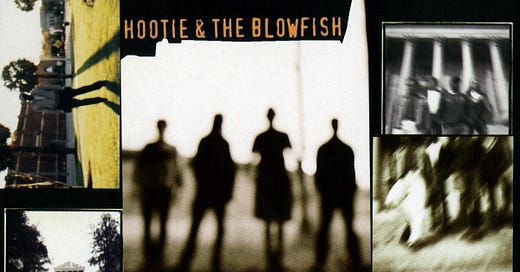
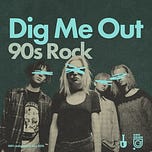





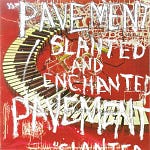
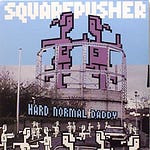
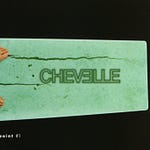
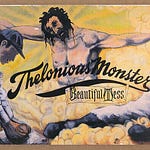



Share this post